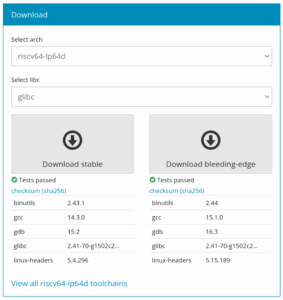 We are excited to announce the release of a new version of our freely available, pre-compiled cross-compilation toolchains, hosted at toolchains.bootlin.com.
We are excited to announce the release of a new version of our freely available, pre-compiled cross-compilation toolchains, hosted at toolchains.bootlin.com.
This update covers a range of 43 CPU architecture variants, including: aarch64, aarch64be, arcle-750d, arcle-hs38, armv5-eabi, armv6-eabihf, armv7-eabihf, armebv7-eabihf, armv7m, m68k-68xxx, m68k-coldfire, microblazebe, microblazeel, mips32, mips32el, mips32r5el, mips32r6el, mips64-n32, mips64el-n32, mips64r6el-n32, openrisc, powerpc-440fp, powerpc-e300c3, powerpc-e500mc, powerpc64-e5500, powerpc64-e6500, powerpc64-power8, powerpc64le-power8, riscv32-ilp32d, riscv64-lp64d, s390x-z13, sh-sh4, sh-sh4aeb, sparc64, sparcv8, x86-64, x86-64-v2, x86-64-v3, x86-64-v4, x86-64-core-i7, x86-core2, x86-i686, xtensa-lx60.
As with previous releases, we provide two editions of each toolchain: a stable version based on the N-1 releases of GCC, binutils, GDB, and slightly older kernel headers, and a bleeding edge version featuring the latest available components. For the 2025.08 release, the versions are:
- Stable version: GCC 14.3, Binutils 2.43.1, GDB 15.2, Linux headers 5.4, glibc 2.41, musl 1.2.5, uclibc-ng 1.0.45
- Bleeding edge version: GCC 15.1, Binutils 2.44, GDB 16.3, Linux headers 5.15, glibc 2.41, musl 1.2.5, uclibc-ng 1.0.45
All toolchains are built for x86-64 Linux hosts and are compatible even with relatively old Linux distributions. We welcome bug reports and feedback through our project issue tracker.

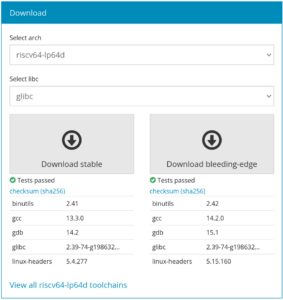
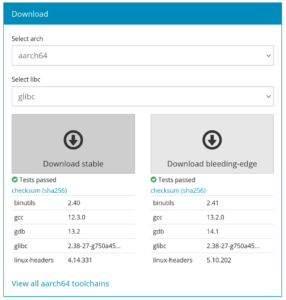
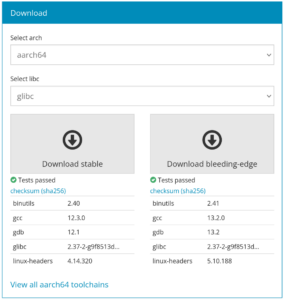
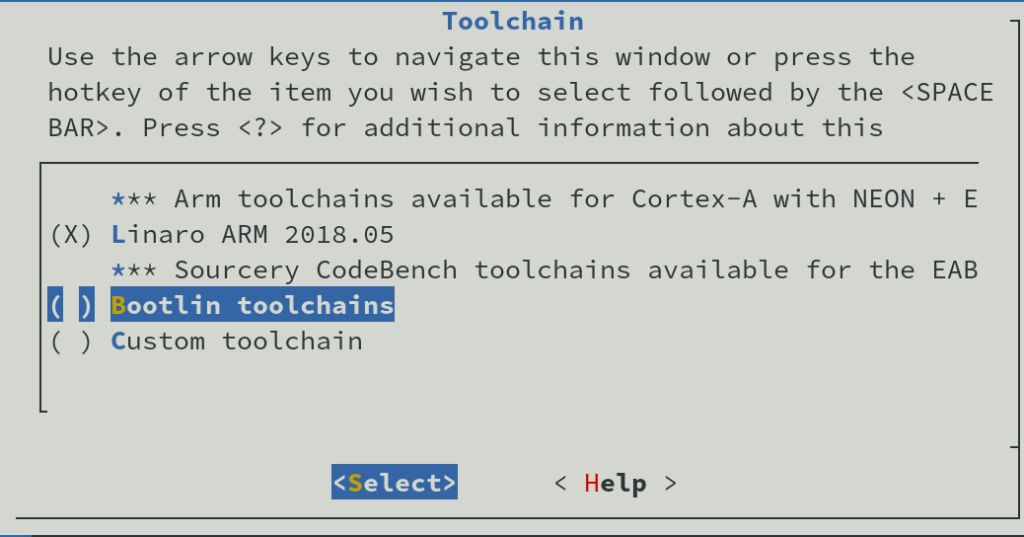
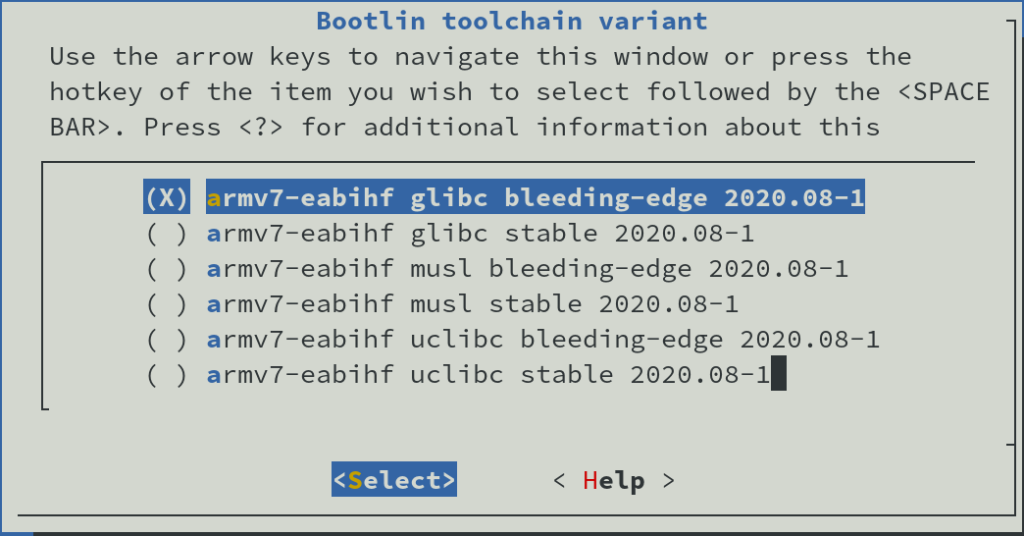
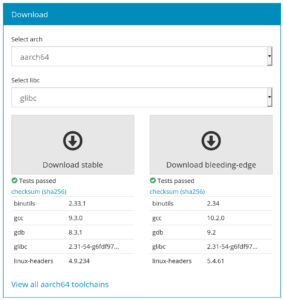
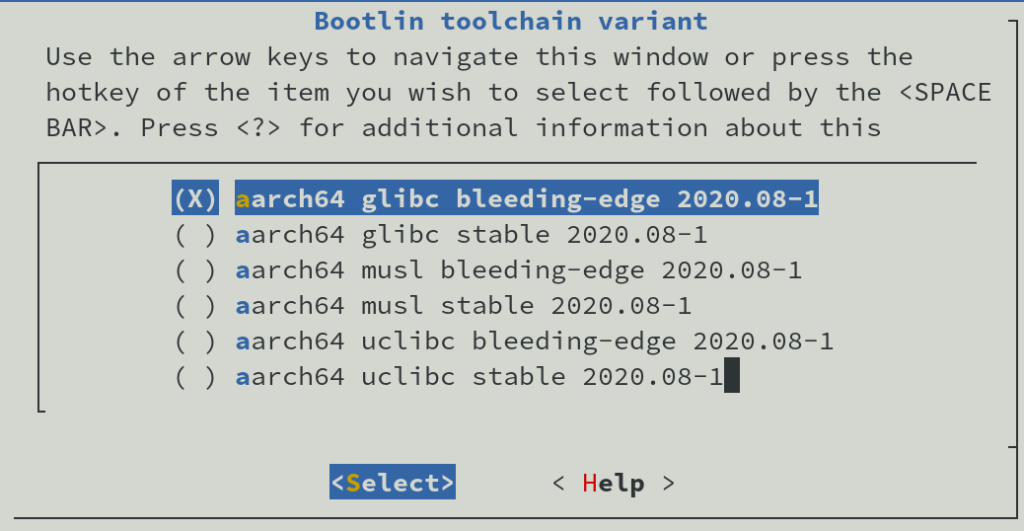
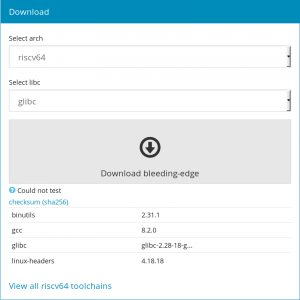 We have just published an updated version of the cross-compilation toolchains available at
We have just published an updated version of the cross-compilation toolchains available at  As usual, the latest Buildroot version has been released just in time on the last day of the month:
As usual, the latest Buildroot version has been released just in time on the last day of the month:  Bootlin has contributed to this release, by adding some support for the
Bootlin has contributed to this release, by adding some support for the